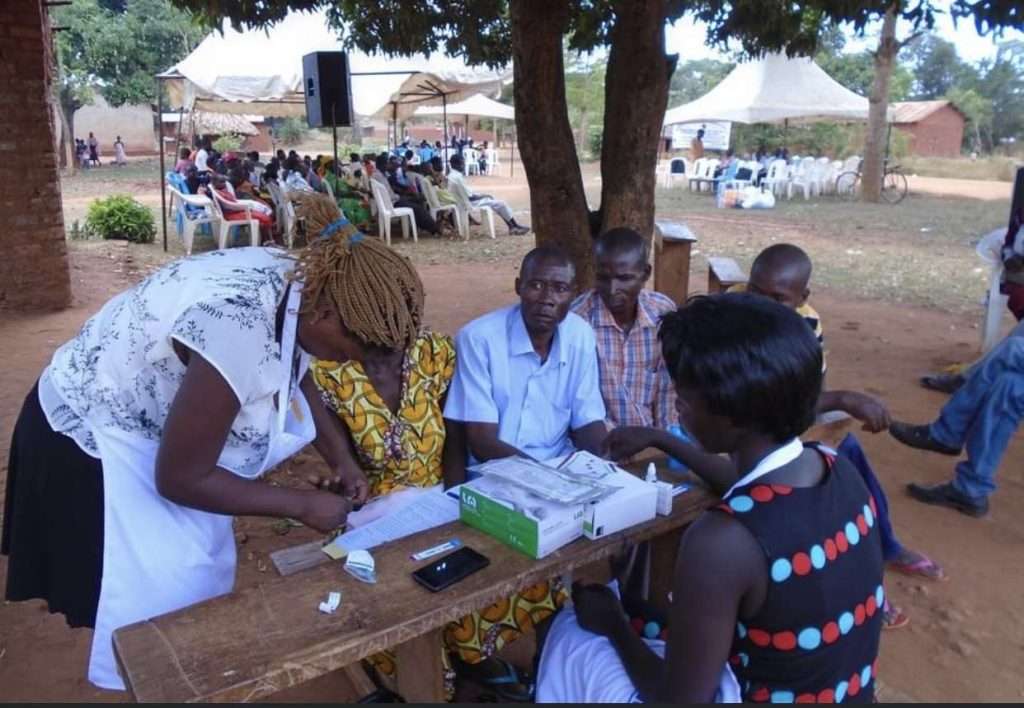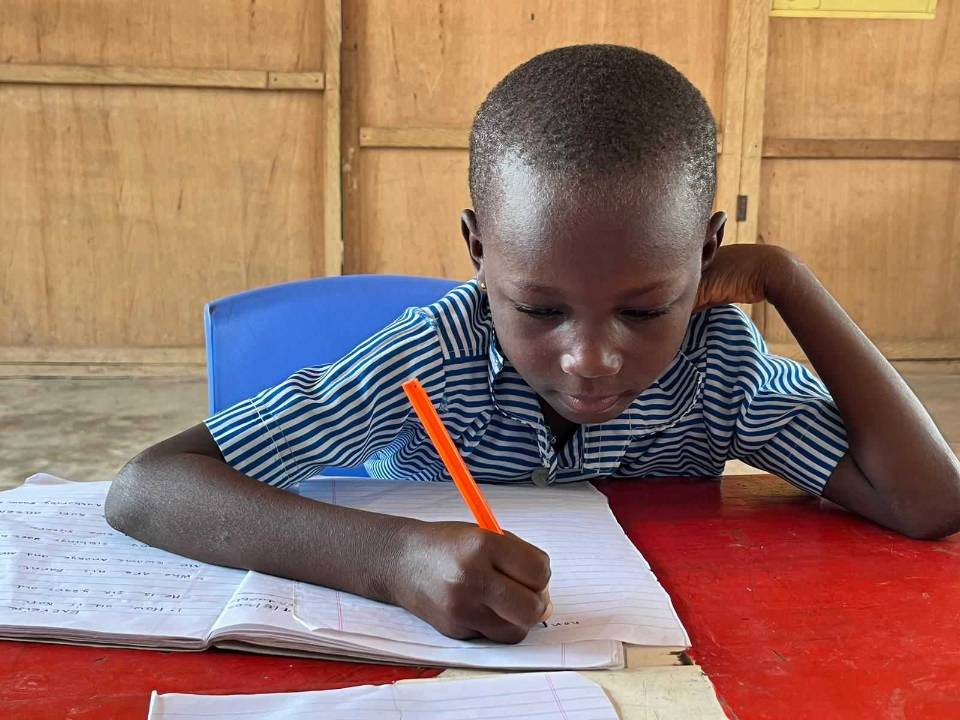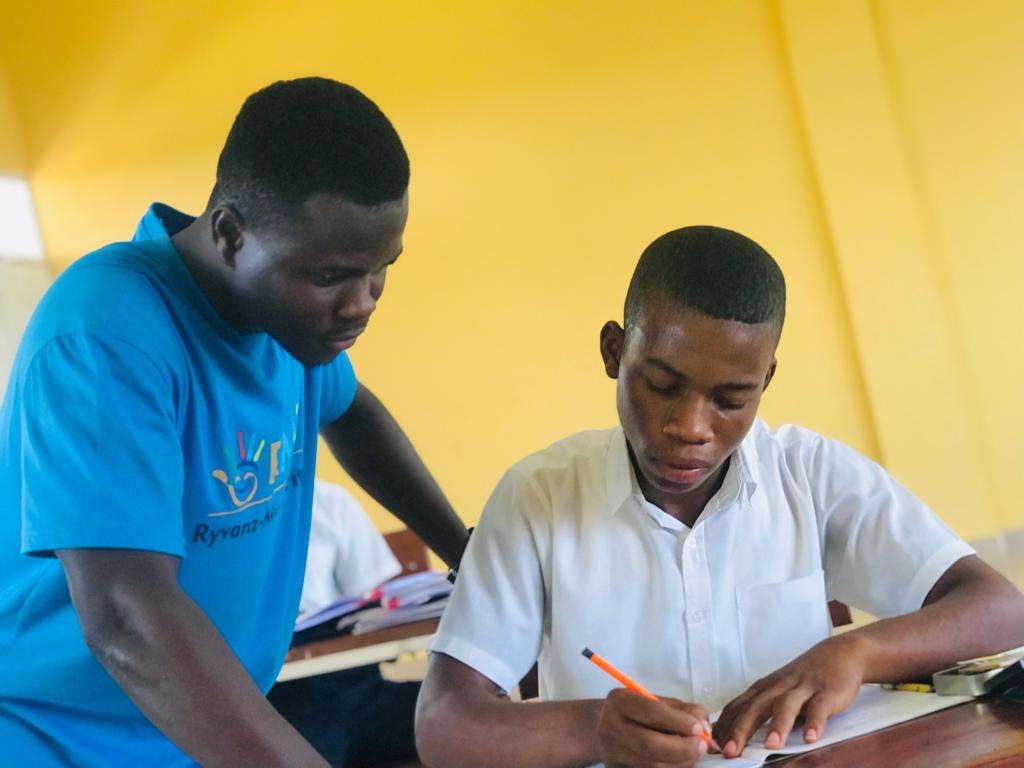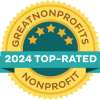Health outreach for children and women in Kaliro Uganda.
Save Community Care Foundation (SCCF), in partnership with Ryvanz-Mia Charity, bring near integrated Health services to vulnerable people. Communities with nutrition supplements for children aged 6-59 months give clothes to children. AGYW to make safe, washable, and reusable sanitary pads and Sexual education.
We managed to reach 111 Adolescent Girls and Young Women (AGYW) with training on how to make safe, washable, reusable sanitary pads and Sexual education. The first session had 37 participants, the second session had 37 participants, and the third session had 37 participants.
We reached 683 children with Vitamin A and Deworming tablets for children aged 12-59 months. The younger mothers received nutrition training, education, and sessions through group discussion and interactive teaching methods. Mothers learn about the importance of certain foods, breastfeeding, feeding practices, and how to treat various illnesses like children’s diarrhea.
We managed to give 50 children clothes; these children are orphaned, neglected, on ARVs and TB drugs, abandoned, and living in acute poverty.
INTRODUCTION
Teenage pregnancy and childbearing contribute to the high maternal mortality ratio, with about 1/3 of all maternal deaths among young people aged 10 – 24. Adolescent girls have a 35% to 55% higher risk of delivering a pre-term or low-birth-weight infant. Mothers older than 19 years, and the infant mortality rate is 60% higher amongst newborns of child mothers.
With the absence of sex education, girls are still becoming pregnant, which worsened during the lockdown. It’s become common for mothers to help their daughters obtain illegal abortions rather than endure the stigma of being an unwed teenage mother.
Due to the inability to afford proper menstrual products, girls and young mothers cannot rely on improvised materials to absorb their menstrual flow. Girls’ options range from using old sponges and scraps of old clothes materials that are not hygienic, and effective. This leads to poor attendance and poor performance in class, causing them to drop out of school.
SPONSORSHIP
Our heartfelt gratitude goes to; Ryvanz-Mia Charity, which played a significant role in sponsoring the activity. They financially coordinate and manage the organization’s website and other social media networks for the organization.
Many thanks to Kaliro Town Council Health Centre II and District Probation Officer for helping observe SOPs and MOH guidelines in the outreach.
Village Health Teams (VHTs) and Local Council Stakeholders of Kaliro help mobilize, sensitize, and conduct community education.
We reached out to 770 residents of Kaliro, of which 659 received Vitamin A and deworming tablets. Secondly, about 111 Adolescent Girls and Young Women (AGYW) were trained on how to make safe, washable, reusable sanitary pads and sexual education.
We reach out to children Adolescent Girls and Young mothers through the use of Village Health Teams and Local Council Stakeholders. Local partners help us to mobilize and reach information to all our beneficiaries in Bulangira, Zibondo, Bugabwe, Budini, and Buwalujo villages where SCCF beneficiaries are staying.
Six hundred eighty-three children with Vitamin A and Deworming tablets for children aged 12-59 months. The younger mothers received nutrition training education and sessions through group discussion and interactive teaching methods. They learn about the importance of certain types of foods, breastfeeding, and feeding practices. Also how to treat various illnesses like children’s diarrhea and others.
Fifty children with clothes are orphaned, neglected, Children on ARVs and TB drugs, abandoned, and living in acute poverty.
How Girls and Women Benefited from Integrated Health Outreach.
Better Health
In many villages in the Kaliro district and neighboring districts, women and girls are forced to use whatever they can to manage their periods, including rags, newspapers, and tree leaves. For women and girls who can access some sanitary towels, many have no choice but to reuse the same used one for many days. In both instances, women and girls put their health at serious risk.
Better education and ability to work
Lack of sanitary protection has short- and long-term repercussions for girls and women. Period poverty, including the stigma surrounding menstruation, stops women and girls from going to school or work, leading them to miss out on their education or vital income to support themselves or contribute to their communities.
In the long run, a lack of education can have several devastating impacts on a girl’s life. The possibility of child marriage, early pregnancy, and vulnerability to violence and abuse.
Disposable sanitary pads are expensive.
A pack of sanitary pads can cost more than a day’s pay in Kaliro. Since most women and girls need at least two boxes per period, this means spending two days’ pay monthly on sanitary pads alone.
THE CHALLENGES.
With reasonable work come several challenges encountered in the process and event execution.
• Inadequate Funding.
One of our biggest challenges as the organization is the lack of staff with skills in communication, marketing, and fundraising campaign skill. to raise money to support the event since it was the very first of this kind of event in 2021 following the COVID-19 pandemic lockdown where most companies that would have sponsored it were not operational.
We did not reach out to these people through Radio talk shows. We drove through the town council and the neighboring sub-counties of Kaliro district and the Busoga sub-region of Buyende, Luuka, Namutumba, Kamuli, and Iganga districts.
• Overwhelming numbers.
The organization had budgeted for 200 children maximum and 47 Adolescent Girls and Young mothers (AGYW), but the numbers doubled, calling for the improvisation of resources in the organizing committee.
Conclusion/recommendation
❖ Vocational skilling, enterprise development assistance, and second-chance education for girls.
❖ Raising awareness among parents, religious, and cultural leaders, and other community gatekeepers about the long-term benefits of educating girls and other AGYW interventions implemented.
❖ Conduct Goal Campaign, organized through skills development, music, dance, drama (MDD), and Netball tournaments with links to SRH/HIV service delivery.
❖ Conducted radio talk shows sensitizing the public about the dangers of teenage pregnancies, and the importance of keeping the girl child in schools.
❖ Start Adolescent Youth Corners at each parish level.
❖ To train senior men and women, teachers were prepared using a health education package about pregnancy prevention and general counseling of students.







